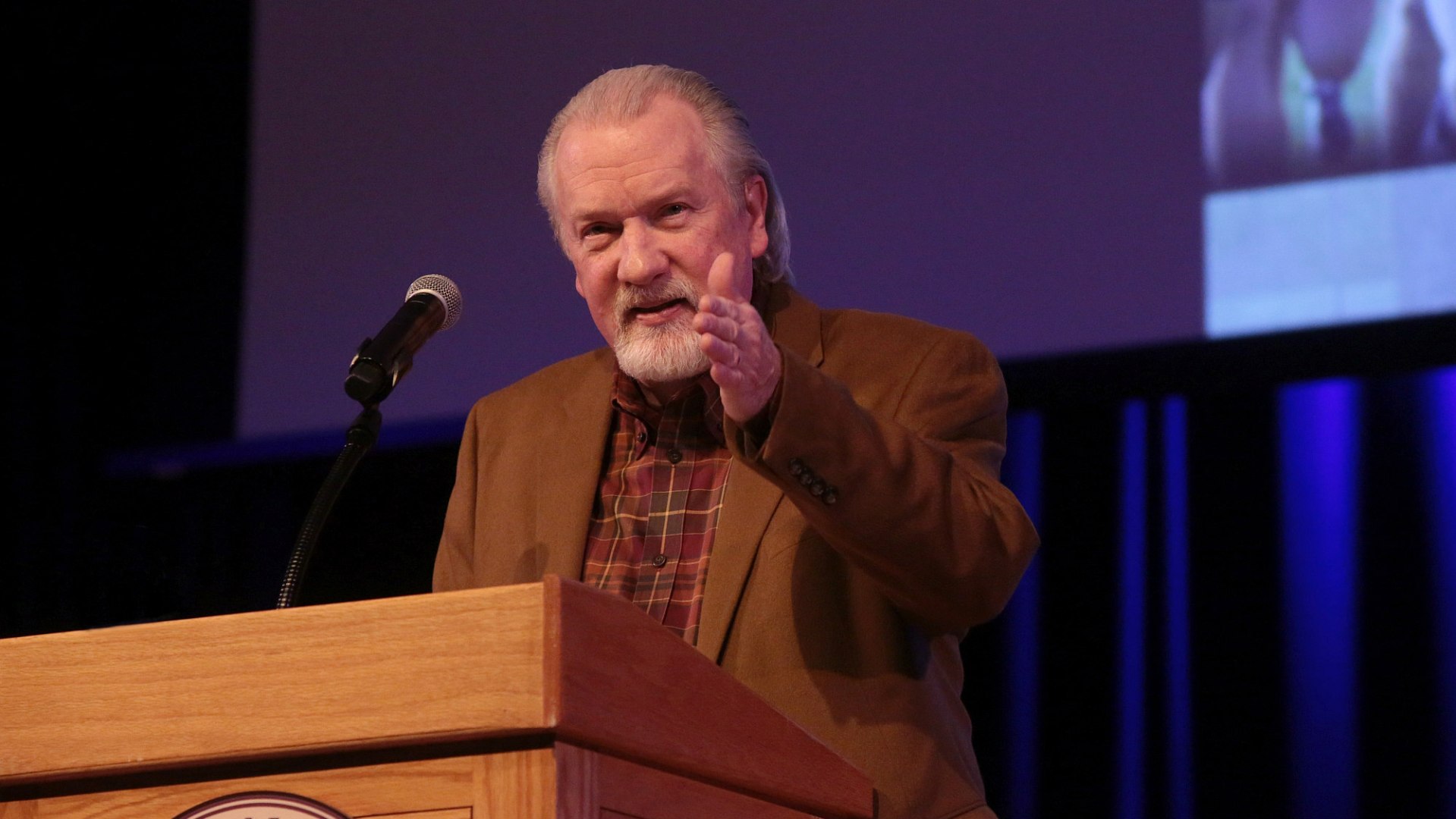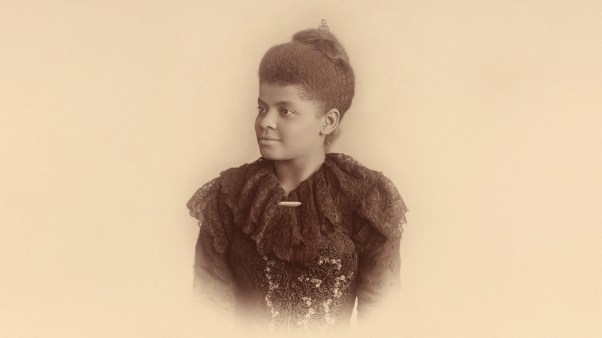Taylor University announced yesterday morning that its president, Paul Lowell Haines, is resigning at the end of the summer.
After three years at the helm of the nondenominational Christian college, his departure comes on his own accord and despite continued support from the university’s board of trustees, according to Taylor’s announcement. Haines—a longtime lawyer, former board member, and Taylor alumnus—cited “God’s new purpose and direction” for his family as reason for leaving. Taylor has yet to name an interim president to serve as his successor.
The news follows a school year that began with the largest incoming class in history at the Upland, Indiana, campus and ended with its most prominent commencement speaker, Vice President Mike Pence.
Despite the controversy over Haines selecting the former Indiana governor to speak at graduation, officials say they do not see it as the cause for his departure. Haines has declined to elaborate on his decision to resign.
“While the two events – the Commencement and his resignation – came in close proximity to each other, from the Board’s perspective, they were not related,” Taylor spokesperson Jim Garringer told Christianity Today.
The news came as a surprise to the student body, who are out on summer break. Drew Shriner, an incoming senior, said most of his classmates are still “unsure of the reasons behind it.”
More than 100 Taylor alumni and family members weighed in on Haines’ resignation on Facebook, most of them disappointed to see him go. Some said they hoped the Pence incident wasn’t a factor in his decision to leave, and others assumed it was and speculated that “liberal pressure” and “Trump haters” had somehow indirectly forced him out.
The saga made national headlines, split the faculty (voting 61-49 against inviting him in the first place), and galvanized members of the student body to protest at graduation. “I didn't really foresee the depth of pain and things that would come out of (inviting Pence), and I feel very badly about that, and I ask your forgiveness for that,” Haines told students at chapel in April.
Among the Taylor community, responses to Haines’s departure appear to hinge on people’s views of his decision to invite Pence on campus last month. The press release announcing his resignation lists Pence among the prominent speakers Haines hosted over the years, alongside figures like Tim Tebow, Os Guinness, and Michael W. Smith.
“While I believe Haines loves Taylor and had its best interests at heart, the fact that he didn’t anticipate how the community would respond to the Pence invitation showed that he was troublingly out of touch with the community he was supposed to be leading,” said Amy Peterson, a former adjunct professor who wrote about the Pence situation for The Washington Post.
Jerry Pattengale, professor at nearby Indiana Wesleyan University, said while the ceremony was well-orchestrated and Pence was “gracious and brilliantly prepared,” his role in the commencement changed the event to one where “an academic setting provides a venue for opposing philosophical views to take the same stage.”
“It could have been Pence or Biden, DeVos or Bernie, but the stage was set for students to receive their diplomas while others were getting the third degree,” said Pattengale, co-editor of State of the Evangelical Mind.
It wasn’t the only politically charged clash on campus during his tenure. In 2018, an anonymous conservative newsletter was created by a few faculty and staff members to criticize what they viewed as the promotion of liberal ideas and social justice on campus. At the time, Haines said it “sowed discord and distrust, hurting members of our community.”
Yet amid tensions, Taylor officials said that under Haines, the evangelical college adopted a new strategic plan; advanced in its financial and fundraising goals; and drew in more diverse leadership.
“We leave with a strong sense of accomplishment, knowing that remarkable progress has been made over the last three years, but also a clear awareness of God’s new purpose and direction for our lives,” Haines said in a press release. “We will always be grateful to Taylor University and to its people. That will not change.”
“The Taylor University situation is a bit like a Greek tragedy when two rights are in conflict. The difference is, this one will likely have a healthy ending,” said Pattengale. “They don’t begin their separate deliberations at the steps of the president’s office or faculty commons, but at the foot of the cross. I believe they’ll all end up back there, together.”
His resignation is effective August 15. The school plans to announce plans for succession in the coming weeks.
Correction: An earlier version of this article indicated that faculty were split in favor of the Pence invitation. The vote was 61-49 against.









